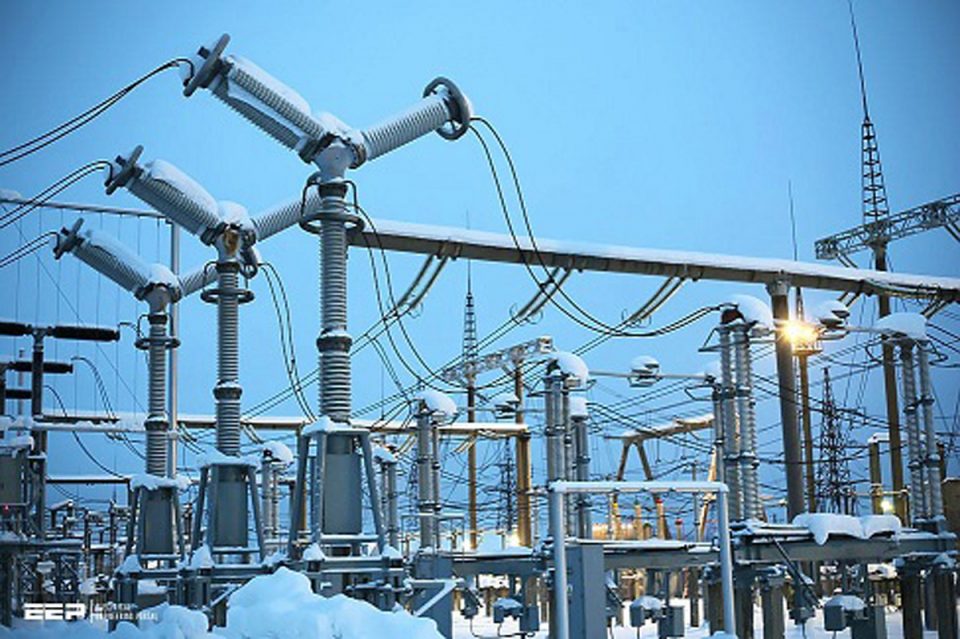Various consumer groups and economic experts, on Thursday, charged the President-Elect, Bola Tinubu, and his incoming administration to prioritise and urgently review the privatisation of Nigeria’s power sector.
Since the successor electricity generation and distribution companies of the defunct Power Holding Company of Nigeria were unbundled and handed over to private investors in November 2013, the sector has been struggling to meet the demands of consumers nationwide.
Power generation and supply had continued to hover around 3,500 megawatts and 5,000MW since the sector was privatised about 10 years ago, as Nigeria’s over 200 million citizens manage this meagre quantum of energy daily.
On Thursday, for instance, data obtained by our correspondent from the Federal Ministry of Power in Abuja, showed that power generation on the national grid stood at 4,859.8MW as at 6am, which was actually on a high side, when compared to what obtained in the past.
Describing the performance of sector as abysmal, power consumer groups said the incoming administration must give priority to electricity generation and supply in order to revamp the Nigerian economy.
“So our advice to the incoming administration is to review, as a matter of urgency, the entire gamut of the power sector privatisation exercise,” the President, Nigeria Consumer Protection Network, who served in the National Technical Investigative Panel on Power System Collapses/System Stability and Reliability (June 2013), Kunle Olubiyo, stated.
The NCPN president congratulated the President-elect and Nigerians for the general elections of February 25, 2023, but stressed that the new administration would not make headway if it failed to tackle the crisis and corruption that produced the privatised power sector.
Olubiyo said, “The privatisation exercise was marred and flawed with vested interests and corruption. And so the monopoly of the Discos (distribution companies) cannot take us to the promised land, it should be reviewed.
“This is because the law, without litigation, provides a 10-year window, from 2013 to 2023. So this year, we will be having the opportunity to exit that cobwebs of regulatory entanglement with which the country was arm twisted.
“Therefore this year, we expect a total review of the licence regime, where some Discos were made landlords and owners of some regional electricity distribution hubs. That should be broken.”
He said the Discos could be broken into smaller units to “create a situation where competition and not monopoly will drive the electricity sector in the downstream, and not what we have at the moment where consumers do not have options.”
In the upstream arm of the sector, Olubiyo said Nigeria had abundant gas, adding that the NCPN was satisfied with what Dangote and BOA refineries and petrochemical industries were doing or were about to bring on board.
He said the incoming government should encourage more licenses, in order to have many investors invest in developing the country’s vast crude oil and gas resources.
Olubiyo said, “As a nation with abundant energy resources, there is a need for energy sufficiency, as this will help ginger industries to create jobs. So the major concern of the incoming administration should be how to address the issue of energy security.
“The entire regulatory ecosystem should be overhauled. We are prepared as non-state actors, to sit down with like-minds in the Office of the Vice President, which deals with power sector issues, and proffer solutions, for the expectations of Nigerians are high.”
Also speaking on the development, a former President, Association of National Accountants of Nigeria, Dr. Sam Nzekwe, pointed out that there would be no meaningful economic progress without power.
“There is no way the economy can improve without power. It is not possible. Every time you are using generators; what are you going to produce? What will be the cost of your output? The incoming government must, therefore, give priority to power,” he stated.
On his part, the National Secretary, Network of Electricity Consumers Advocacy of Nigeria, Uket Obonga, said NECAN had repeatedly stated that the privatisation of the sector should be reviewed, as he charged the Tinubu-led administration to consider this.


previous post


